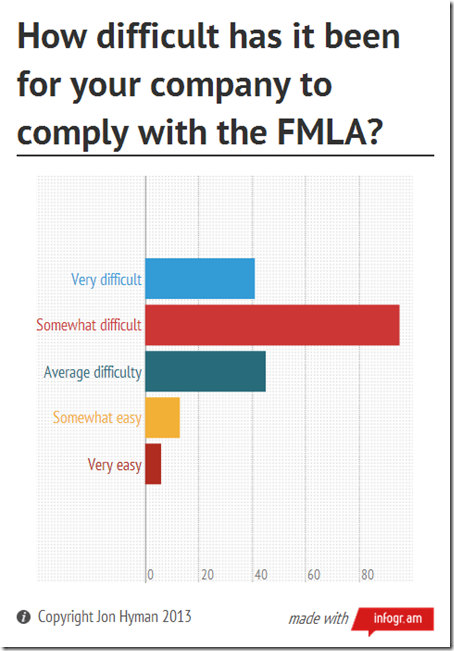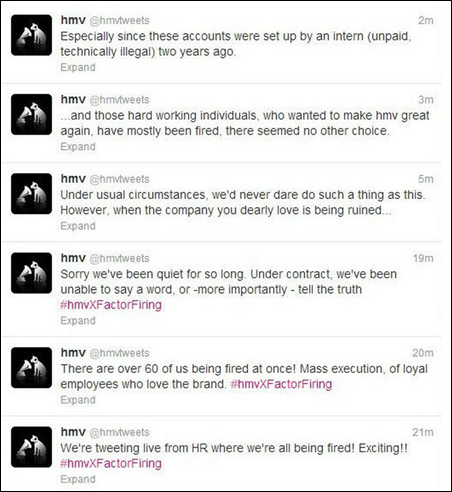 “Norah doesn’t want to have babies when she’s older because she doesn’t want them cut out of her belly.” This is what my wife reports our six-year-old daughter told her a few weeks ago.
“Norah doesn’t want to have babies when she’s older because she doesn’t want them cut out of her belly.” This is what my wife reports our six-year-old daughter told her a few weeks ago.
“I told her,” my wife continues,” that they don’t always have to cut them out of your belly. Sometimes, babies come out through your private parts.” Then she tells my daughter to leave it at that until she’s older. Norah, curiosity apparently sated, hasn’t brought it up since.
My response: “What’s wrong with the stork?”
“I don’t want to lie to her,” my wife retorts.
“Santa Claus, Easter Bunny, Tooth Fairy … Stork. We lie to her all the time about these things. What’s wrong with the stork?!”
As it turns out, my wife is right (don’t let her read this; I’ll never hear the end of it). When we are caught in a lie, we lose credibility. And when we lose credibility, we are not trusted on the important stuff.
Case in point—Jones & Carter, Inc., which the National Labor Relations Board decided earlier this month. In that case, the Board found that the charged employer had unlawfully fired an employee for discussing salaries with coworkers. In and of itself, this case is not newsworthy. As the November 26, 2012, opinion of the Administrative Law Judge in the same case [pdf] pointed out in ruling for the terminated employee:
The Board has long held that an employer cannot lawfully prohibit employees from discussing matters such as their pay raises, rates of pay, and perceived inequities. Accordingly, when an employer forbids employees from discussing their wages among themselves without establishing a substantial and legitimate business justification for its policy, the employer violates the Act.
Pay attention, however, to why the ALJ and the NLRB ruled in the employee’s favor. They ruled for the employee because the employer lied about the reason for the termination:
Williams [the HR manager] and Cotton [the chief operating officer] gave markedly different testimony at the [unemployment] hearing as compared to their testimony in these proceedings. During the hearing before the Board, both Williams and Cotton maintained that Teare was terminated for harassing Janik rather than for discussing salary information. During the [unemployment] hearing, however, both Williams and Cotton asserted that Teare’s discharge resulted from her violation of Respondent’s confidentiality policy…. [A]n employer’s shifting reasons for discharge may provide evidence of an unlawful motivation.
It’s trite to say honesty is the best policy. But, when defending an employment case, honesty and consistency are essential. And, if you can’t be honest because the honest reason is illegal, then maybe you should consider biting the bullet and settling.
photo credit: Enokson via photopin cc

 Unpaid medical leaves of absence are the bane of many employers. There should be little doubt that
Unpaid medical leaves of absence are the bane of many employers. There should be little doubt that  Last week, seven Ohio democratic senators introduced
Last week, seven Ohio democratic senators introduced  “Norah doesn’t want to have babies when she’s older because she doesn’t want them cut out of her belly.” This is what my wife reports our six-year-old daughter told her a few weeks ago.
“Norah doesn’t want to have babies when she’s older because she doesn’t want them cut out of her belly.” This is what my wife reports our six-year-old daughter told her a few weeks ago. I grew up with a guy who really liked the Presidents of the United States (the actual Presidents, not
I grew up with a guy who really liked the Presidents of the United States (the actual Presidents, not 
 I’m a white male, which means I’ve spent my entire life unprotected by the various civil rights laws to which I’ve devoted my career. Yes, I’m Jewish, but the legal profession isn’t known for its mistreatment of Jews. In other words, I’ve been exposed and unprotected for the first 40 years of my life.
I’m a white male, which means I’ve spent my entire life unprotected by the various civil rights laws to which I’ve devoted my career. Yes, I’m Jewish, but the legal profession isn’t known for its mistreatment of Jews. In other words, I’ve been exposed and unprotected for the first 40 years of my life.

 Mozy
Mozy